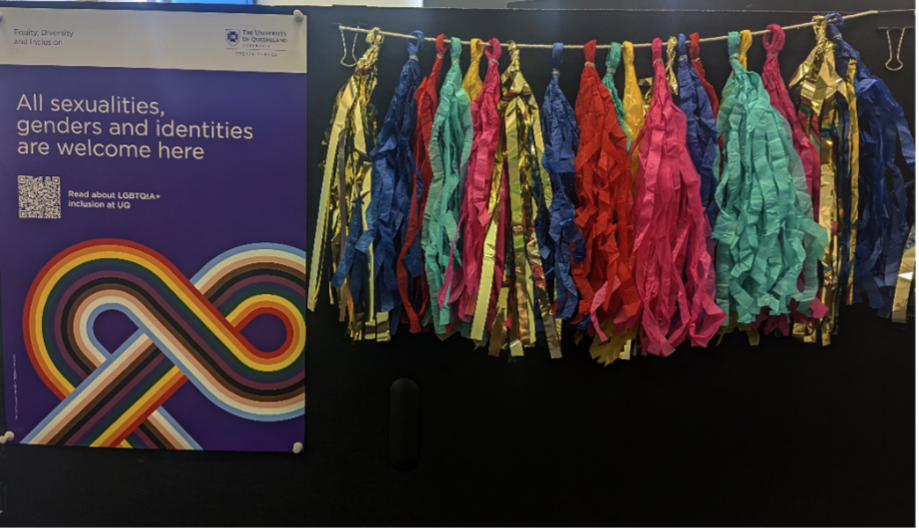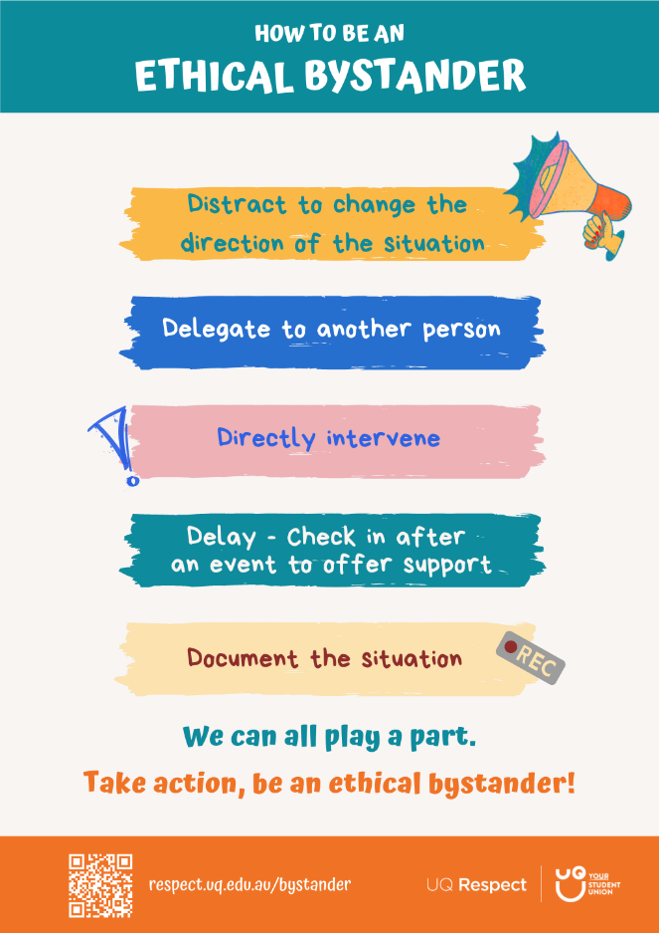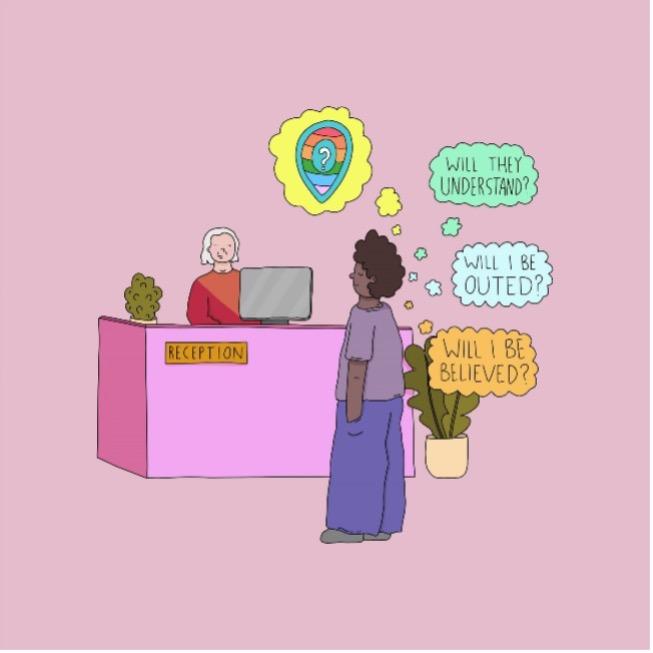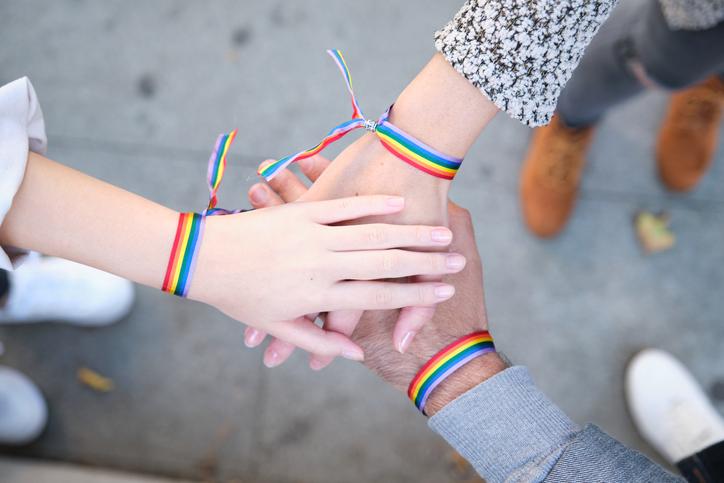
What you can do today for a meaningful Pride Month
Many of you may be asking: “What can I even do?” to be an LGBTQ+ ally during Pride Month. Maybe you’ll attend a morning tea or share a fun post on social media about including everyone. However, if you want to do more and enact meaningful change, here are tips to start the journey to being an active ally, whether you are queer or not.
I’m writing this article as someone strongly impacted by homophobia and related discrimination in my own workplace last year, and I wish to share the things that helped me most during this time. I hope you see these as actions you can start doing from today to make your workplace more inclusive, as well as demonstrating your commitment to allyship to a community that also includes those who identify as intersex, asexual and two-spirit.
- Pride in HE: how to create an inclusive community online
- Making LGBTQ+ individuals feel safe, valued and empowered on campus
- Small steps that make a big difference to LGBTQ+ inclusivity
1. Be visible
Walking through halls covered with inclusive messaging and support can mean the world to those who don’t feel welcome. Your institution should already have approved imagery for this. If not, this is the time to ask for it. My own campaigning gained us approved posters with wording such as “All are welcome here”. Other colleagues from our Faculty of Humanities, Arts, and Social Sciences (HASS) have personalised stickers for themselves and the university at large as a way to encourage diversity in a more creative manner. HASS has also decorated its reception with rainbows since a competition I held earlier this year to show support to students during orientation week. I like to visit it sometimes because I enjoy the inclusive space (see below) and recommend more of us follow their lead.

2. Call out bad behaviour in the workplace
Many people are afraid to publicly engage in debate or call out discrimination. This is legitimate, because some people don’t react in time, for example, and power dynamics can be complicated. While it is great for those who can, we have other ways to engage in this action. These can include checking in with those affected and letting them know you cared about what was said. Having someone else acknowledge this can make the impacted person feel less alone, less “crazy” or that they had “overreacted”. In my case, when I felt that I was overreacting to something that happened and kept these things to myself, if others expressed their own shock or disgust at what they witnessed, this provided me with relief and a sense of community and security. This is part of being an ethical bystander.

3. Remember the stakes
Unfortunately, when we talk about LGBTQ+ inclusion, we are not always talking about mild discomfort. Some people may no longer be able to participate in work or education or continue living as a result of discrimination. To you, it may be a small thing (such as no one wearing purple on Wear It Purple Day or the removal of supportive posters) but for someone else it may be the final sign that no one cares. Making sure you provide information on support services such as QLife in Australia can be life-changing, especially if staff don’t know whether the employee assistance programme is queer-friendly or not. This should also serve as a reminder of what your visible allyship means to others, and the reason your actions are so important.
In my workplace, our inclusion posters include links to internal and external support for queer community members.
4. Support pro-LGBTQ+ initiatives in your community
At my university, we have initiatives such as For Crying Out Loud (promoting respectful relationships), the Ally Network and the Queer Collective, which already do great work in this space. Find the equivalents in your institution, follow them, go to their events, donate to their fundraisers (such as an International Day against Homophobia, Biphobia, Interphobia and Transphobia bake sale) and you will have plenty of opportunities to educate yourself and support their initiatives. Actively seek these out online or keep an eye out for tents and flags for awareness events during this Pride Month; you’ll find plenty of people willing to talk to you. When I was at an awareness stall, or I saw a colleague engaging with one, I already saw this interaction as a positive step towards inclusion.

All in all, the main takeaway should be that there are easy, fun and impactful actions you can make today. Choosing any one of the above actions by itself, or a few from different points, can help you avoid tokenism and know where to start. Along the way, hopefully you will find more opportunities personalised to your situation, and that you feel confident to engage with them.
I would like to thank the HASS executive office for their great leadership in this space and letting me come down and take photos for this article!
Brooke Szücs is research assistant in the TC Beirne School of Law and co-chair of the disability subcommittee and the UQ Disability Inclusion Advocacy Network. She identifies as queer and uses this terminology to refer to the community. However, other community members (especially previous generations) prefer the use of LGBTIAQ+ or equivalents.
If you would like advice and insight from academics and university staff delivered direct to your inbox each week, sign up for the Campus newsletter.
If you’re having suicidal thoughts or feel you need to talk to someone, a free helpline is available around the clock in the UK on 116123, or you can email jo@samaritans.org. In the US, the National Suicide Prevention Lifeline is 1-800-273-8255. In Australia, the crisis support service Lifeline is 13 11 14. Other international suicide helplines can be found at www.befrienders.org.
Additional Links
For more advice and insight on this topic, read our spotlight guide on how to build belonging at your institution.




